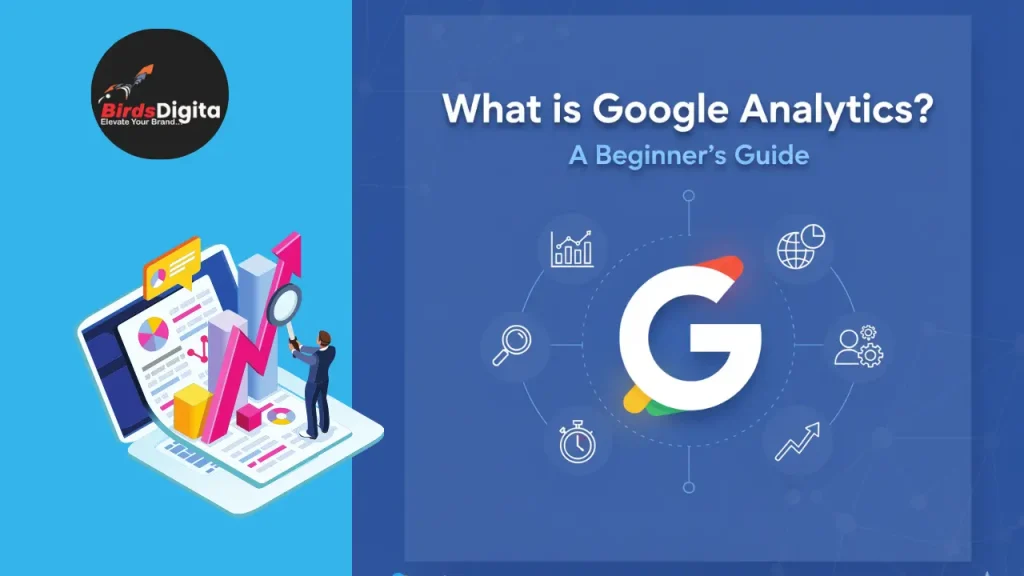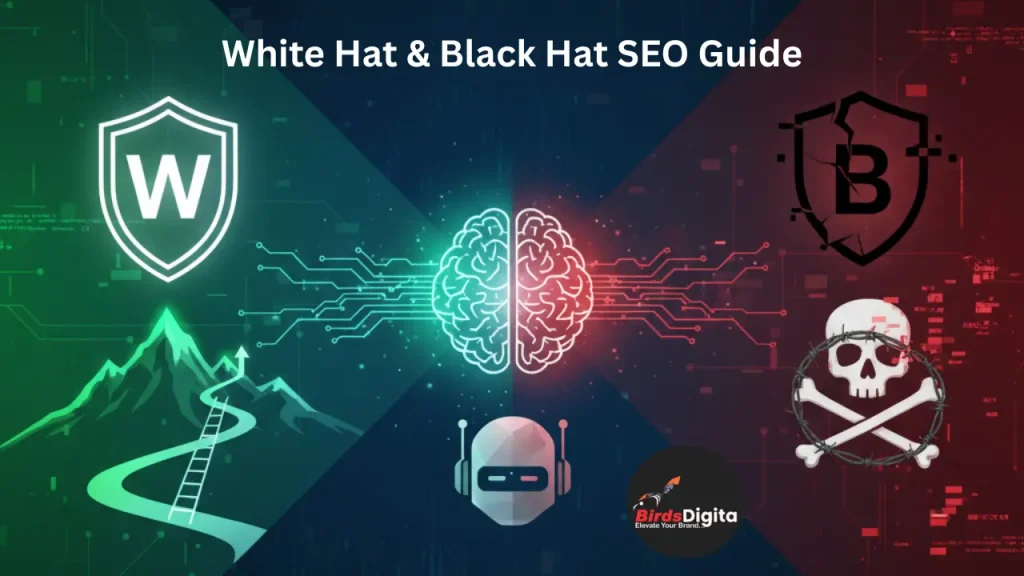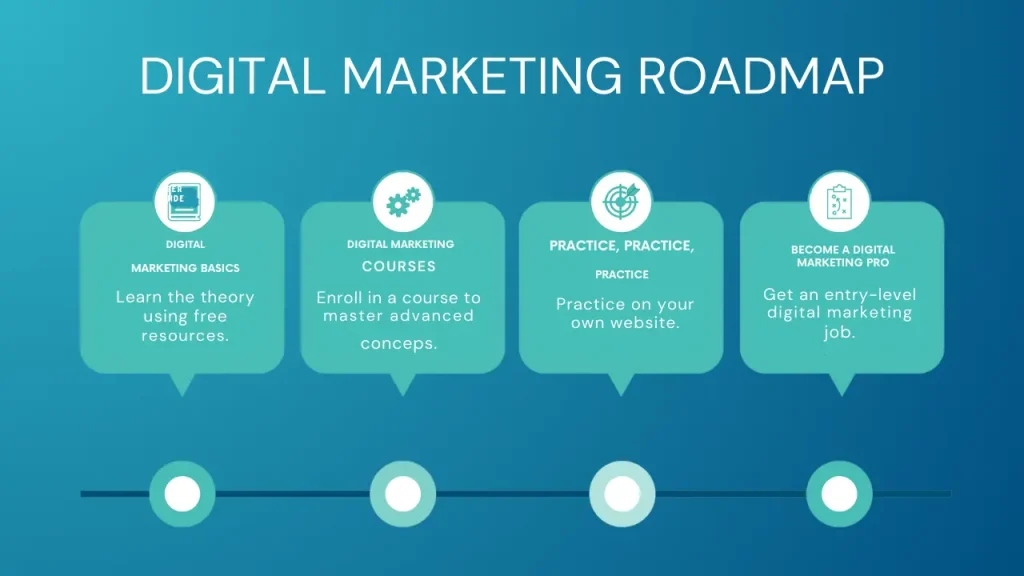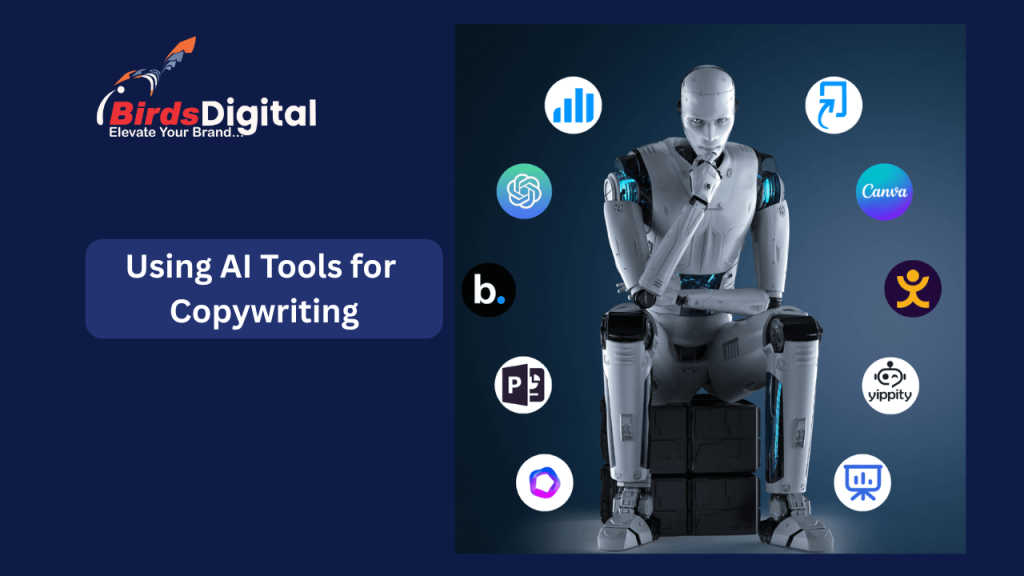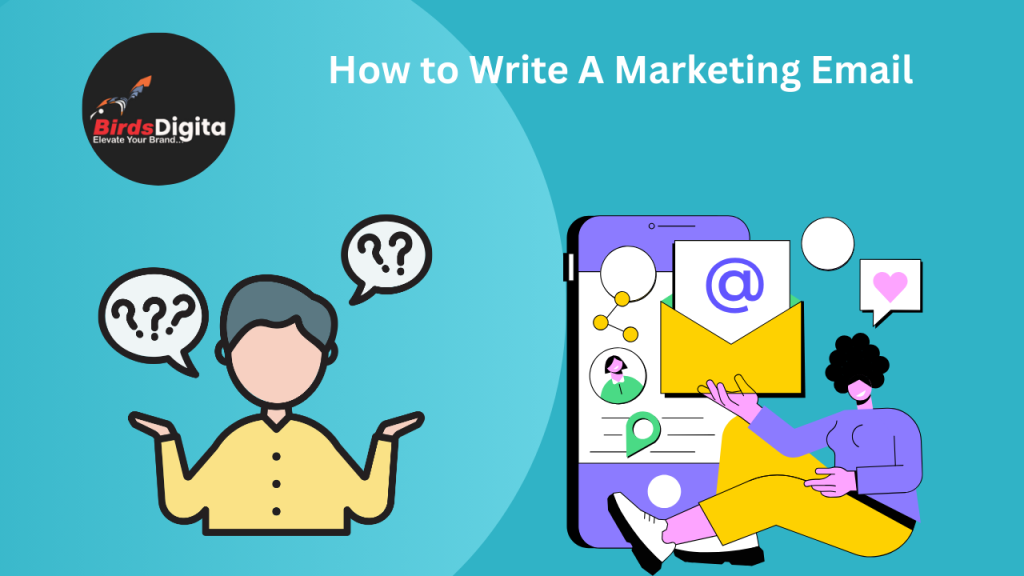Digital marketing has become a basic need for every business. Whether you are running a small shop, a service company, or a large enterprise, building a strong digital presence is now more important than ever. Having an online identity not only helps you reach more people but also builds long-term trust. But digital marketing is not only about posting on social media or running ads. It is about planning, creating strategies, and making smart decisions that bring growth. Businesses that follow the right digital marketing lessons save time, money, and effort while also building deeper connections with customers. In this article, we will explore four important digital marketing lessons that focus on building and maintaining a strong brand, choosing the right partnerships, using storytelling effectively, and embracing new technologies wisely. These lessons are simple, easy to understand, and can be applied by businesses of all sizes.
Lesson 1: Build and Maintain Your Brand
A brand is not just a name, logo, or tagline. It is the complete experience that a customer has with your business. Strong branding creates recognition, builds trust, and encourages loyalty. A clear and consistent brand identity makes marketing easier because customers immediately know what your business stands for. Building a brand takes time, but once it is established, it gives long-term results even when markets and customer behavior change.
To build a strong brand, businesses need to stay authentic and trustworthy. Customers prefer honesty, so it is important not to make promises that cannot be fulfilled. Consistency is another key factor. From your website to your social media pages and advertisements, your brand should look and sound the same everywhere. Customers should be able to identify your business instantly through tone, design, and message. Sharing your values also adds meaning to your brand. Many customers today prefer to support businesses that care about social, cultural, or environmental issues.
Engagement is another part of branding. Replying to comments, answering emails, and interacting with customers regularly makes them feel valued. For example, a local restaurant that always highlights the use of fresh and healthy ingredients in every post, menu, and advertisement builds a strong brand identity over time. Customers begin to trust the restaurant for quality, and this trust turns into loyalty.
Lesson 2: Choose the Right Partnerships
Partnerships play a big role in digital marketing. A good partnership can help a business reach new audiences, improve credibility, and create fresh content opportunities. However, not all partnerships are useful. The key is to find partners who match your values and long-term goals. Collaborations should feel natural, not forced.
Partnerships in digital marketing can be of different types. Some businesses collaborate with other companies that offer related services or products. Others work with influencers who promote their brand to a specific audience. Many businesses also partner with local events or community initiatives to build goodwill and visibility. The right partnership can increase brand recognition and trust, while the wrong one can confuse customers and harm reputation.
For example, a fitness company working with a health food brand makes perfect sense. Both share the same audience and values, and their collaboration creates more value for customers. On the other hand, a health brand working with a junk food company may send mixed messages and reduce trust. Partnerships should also be purpose-driven. Instead of chasing temporary trends, businesses should look for collaborations that create long-term benefits.
Lesson 3: Use Storytelling in Marketing
Storytelling is one of the most powerful tools in digital marketing. People may forget plain facts and data, but they always remember stories. A good story creates an emotional connection and makes your brand more relatable. When used correctly, storytelling can make your marketing campaigns memorable and engaging.
Storytelling works because it shows the human side of a brand. Customers like to know the people behind a business, the struggles they faced, and the values they stand for. Stories also help explain how a product or service solves real problems in everyday life. For example, a small clothing brand sharing the story of a local artisan who makes their fabric not only sells clothes but also builds emotional connections with customers. Customers feel that by buying from the brand, they are also supporting the artisan.
Digital platforms make storytelling easier than ever. A business website can use stories in the “About Us” section to show its journey. Social media can be used to share short stories about customer experiences or behind-the-scenes work. Emails can carry small but powerful stories about achievements, milestones, or product journeys. The key is to keep stories simple, authentic, and customer-focused. When customers connect emotionally, they engage more, share more, and stay loyal for longer.
Lesson 4: Embrace New Technologies
Technology in digital marketing is changing at a fast pace. Businesses that adopt useful tools early often stay ahead of competitors. At the same time, it is important to be careful and use technology in a way that supports customer trust.
Artificial Intelligence (AI) is becoming popular in marketing. It helps businesses understand customer behavior, recommend products, and provide instant support through chatbots. Data analytics is another useful technology, as it shows which campaigns are working well and where improvements are needed. Marketing automation tools save time by scheduling posts, emails, and advertisements in advance. Personalization tools create a unique experience for each customer by showing content and offers based on their interests.
But businesses must also be cautious. Overusing automation can make interactions feel less human. Customers should still feel that they are communicating with real people. Data privacy is another concern. Companies must be transparent about how they use customer data and ensure that it is protected.
For example, a travel company using AI chatbots to answer customer queries instantly can improve user experience and save staff time. But for complex or sensitive queries, trained staff should step in to handle the situation personally. This balance between technology and human touch creates a positive experience for customers.
Final Thoughts
Digital marketing is not about quick tricks or one-time campaigns. It is about long-term strategy, learning, and adapting. The four lessons discussed in this article—building a strong brand, choosing the right partnerships, using storytelling, and embracing new technologies—can guide any business toward success.
A strong brand builds recognition and loyalty. Smart partnerships expand your reach and strengthen credibility. Storytelling creates emotional connections that keep customers engaged. New technologies, when used wisely, improve efficiency and customer experience. By combining these lessons, businesses can build a strong digital presence and stay competitive in today’s fast-changing market.
Success in digital marketing does not come overnight. It requires consistency, patience, and a willingness to adapt. Businesses that follow these simple but powerful lessons can build trust, improve engagement, and create long-lasting growth in the digital world.
FAQs on Digital Marketing Lessons
Q1. Why is branding important in digital marketing?
Branding helps people recognize and trust a business. A strong brand builds long-term loyalty and makes it easier for customers to remember your products or services.
Q2. How do partnerships help in digital marketing?
Partnerships allow businesses to reach new audiences and improve visibility. Working with the right partner increases credibility and creates fresh opportunities for growth.
Q3. What is storytelling in digital marketing?
Storytelling means sharing real stories that connect with customers emotionally. It can be about customer success, the company journey, or how a product solves problems.
Q4. Which technologies are most useful in digital marketing today?
AI, automation tools, and data analytics are very useful. They help in saving time, understanding customer needs, and improving the overall customer experience.Q5. Can small businesses also use these digital marketing lessons?
Yes, these lessons apply to both small and big businesses. A small business can build a brand, form partnerships, tell stories, and use affordable tools to grow online.



